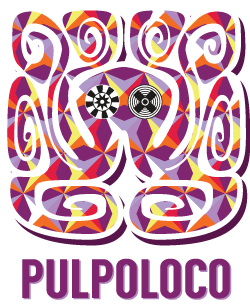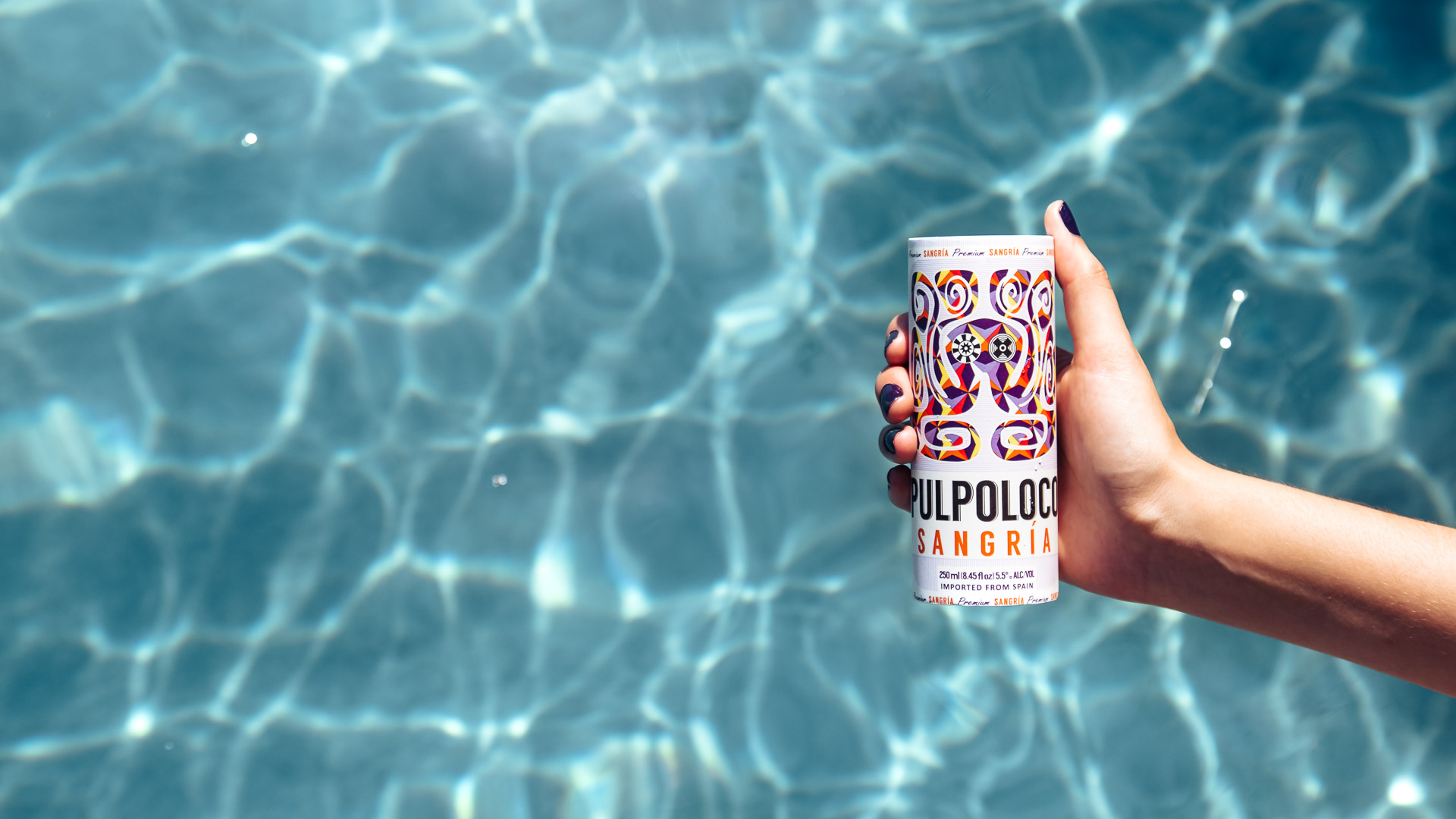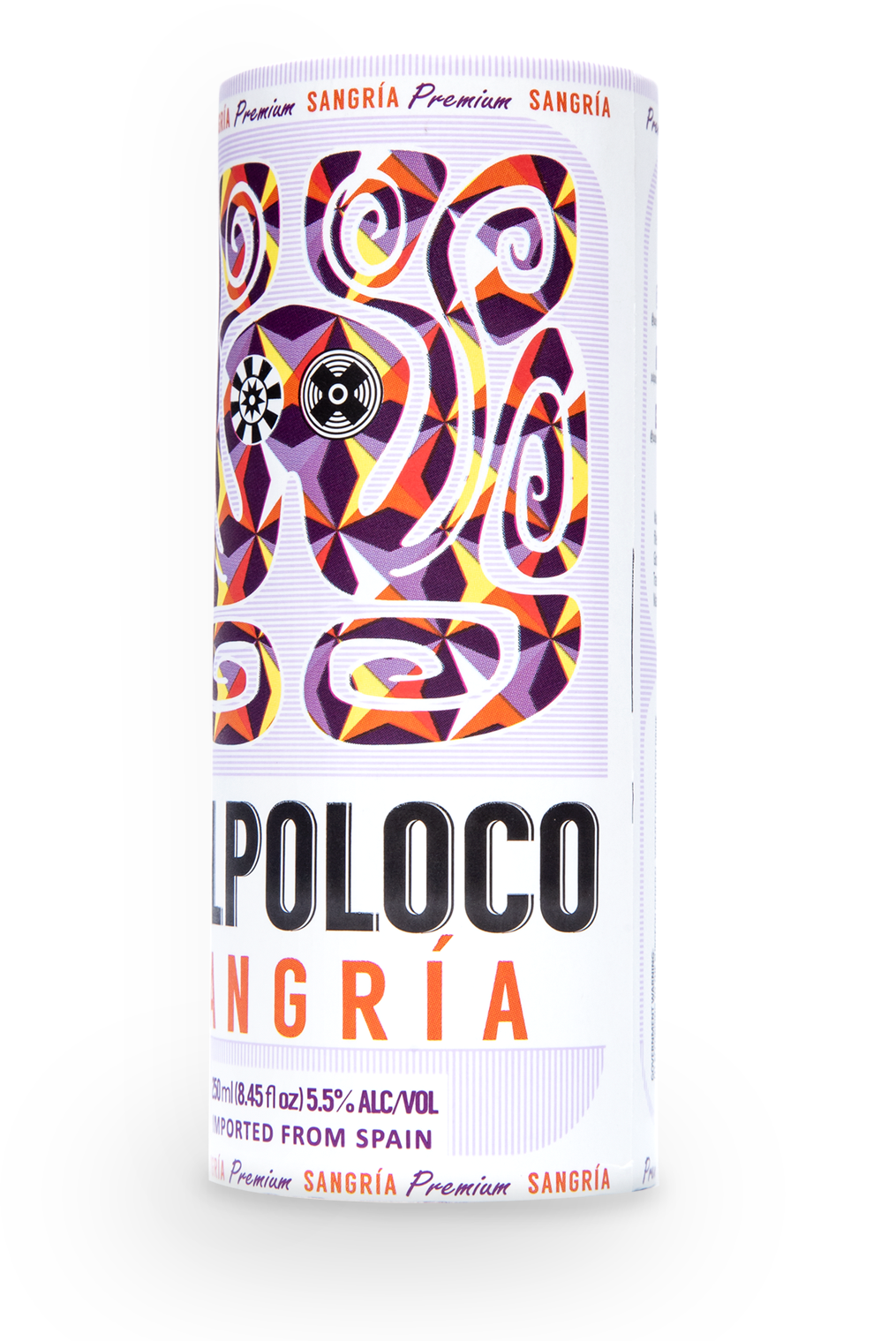The Plastic Problem
THE FACTS
Plastic pollution is an indisputable problem affecting our plant and it’s ecosystems. We are producing more plastic waste than ever before and very little of it is actually being recycled. In 2014 it was estimated that 311 million metric tons (MT) were produced and by 2050 it is estimated that 1124 million MT will be produced. That is about 1 plastic bottle for every fish in the ocean.
(Source: Ellen Macarthur Foundation)
THE PROBLEM
Most plastic trash ends up in our cities, oceans, and waterways. Marine wildlife are most affected by plastic waste, most which ends up being consumed by them. An increasing number of marine animals die each year through starvation due to eating plastic that stays in their stomach making them feel full. Birds are also greatly affected, it is estimated that 90% of seabirds carry around 10% of their body weight in plastics. In addition, various marine animals also die from entanglement caused by litter debris such as discarded ropes and nets.
Plastic also acts as a chemical magnet for environmental pollutants. Harmful chemical are adsorbed onto the plastic. When an animal eats the plastic “meal”, these chemicals make their way into their tissues. This is a problem for the human population because in the case of commercial fish species they can make it onto our dinner plates.
(Source: The Conversation)
THE SOLUTION
The solution is simple, eliminate plastic usage. Our company is committed to this, our sangria is packaged in an eco-friendly paper can.
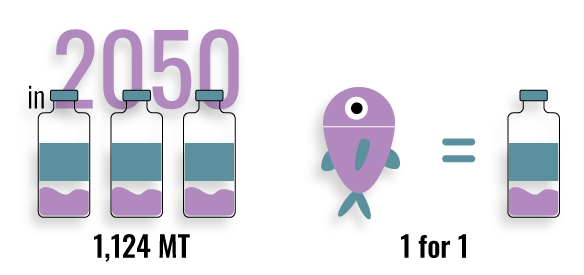
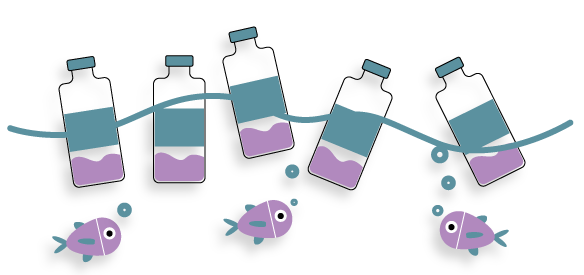



The so called ´Carbon footprint´ when producing this packaging is significant better compared to aluminium and PET.
What does that mean? Well, that the gas emissions are a lot lower basically because a CartoCan® is made up of 50% of renewable materials.

A CartoCan® is made, as it is in the name, of paper for up to 60%.
All paper we use is certificated FSC (Forest Stewardship Council) which means that the origin of the paper is in certified forests by the FSC.
